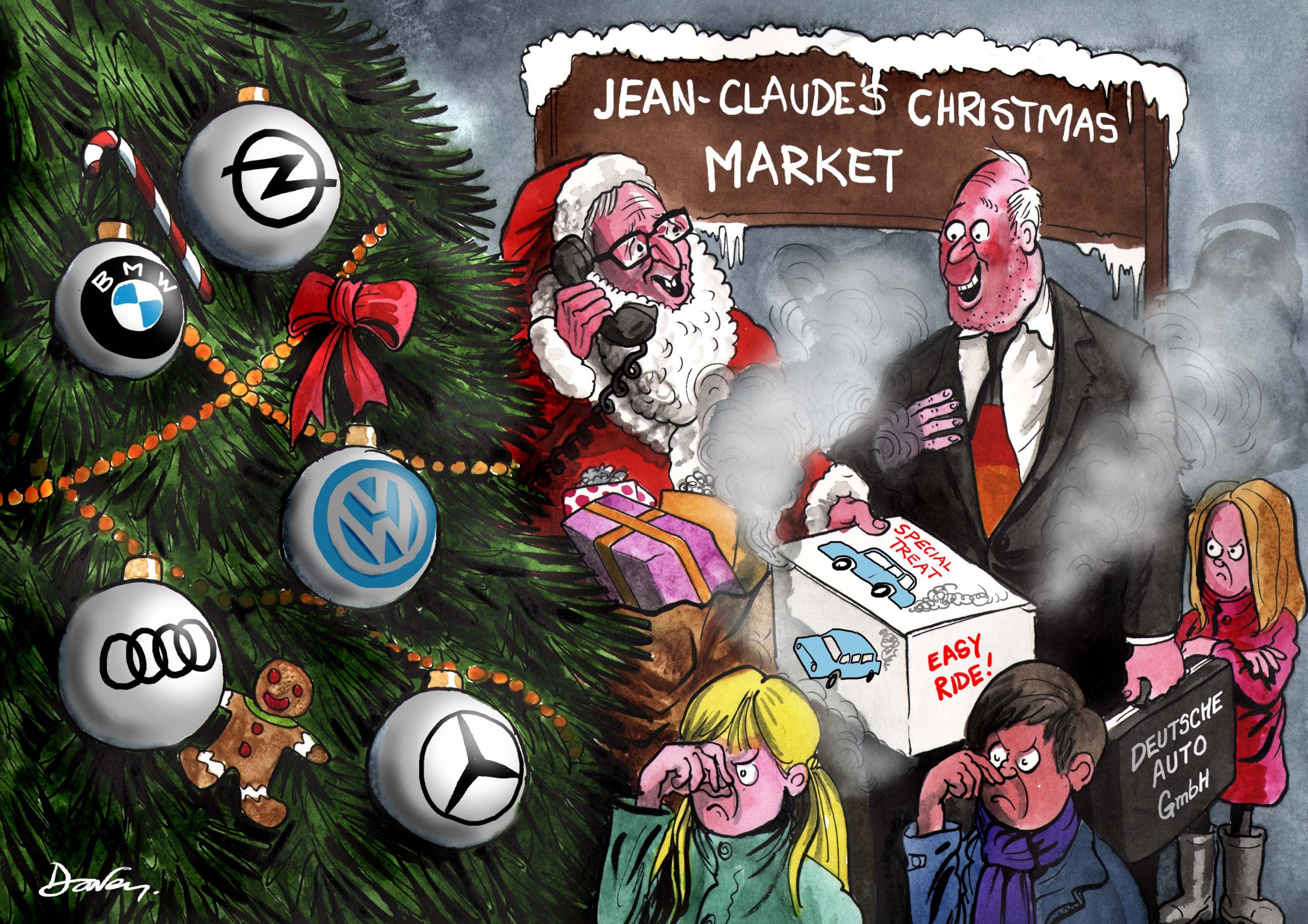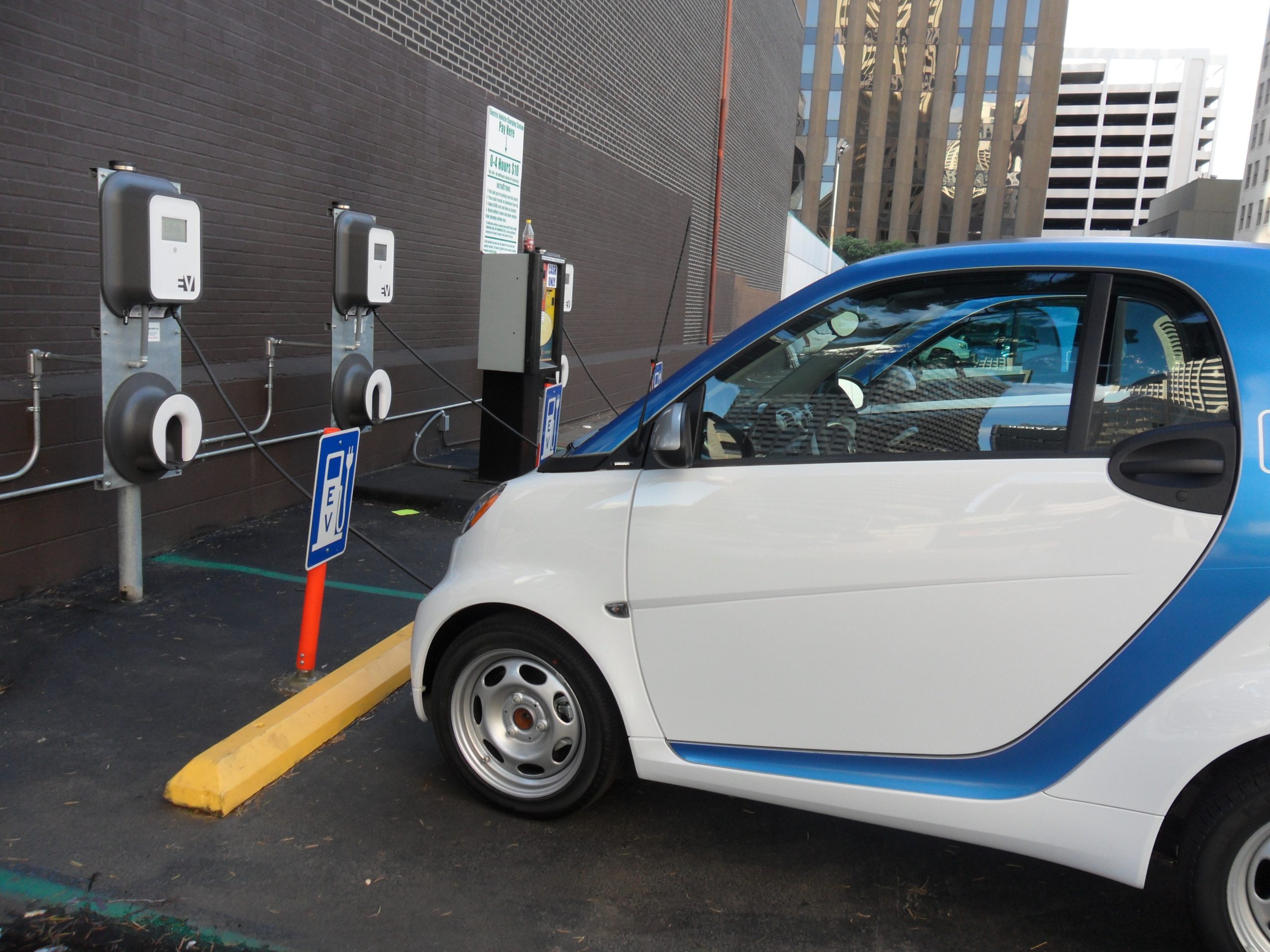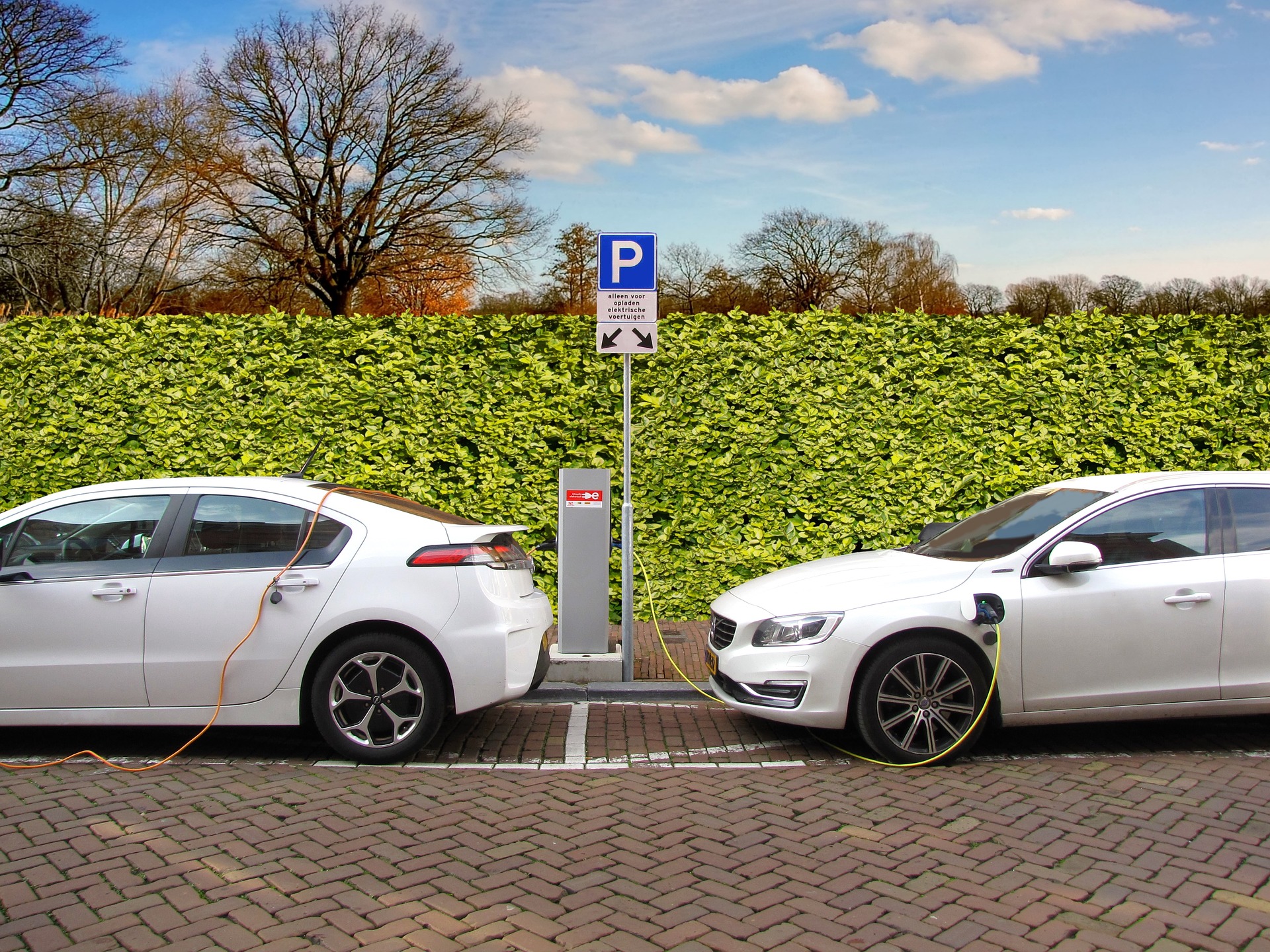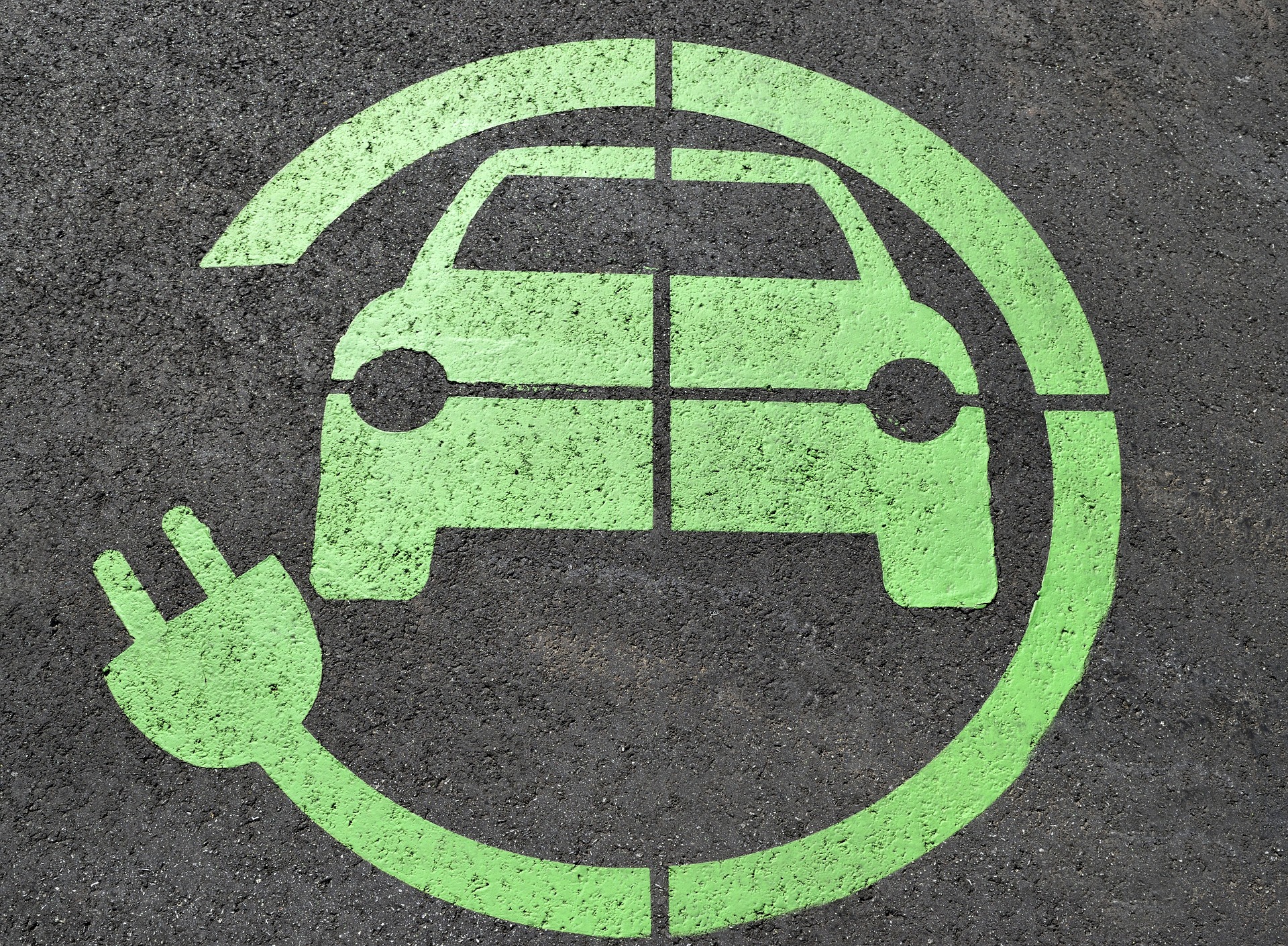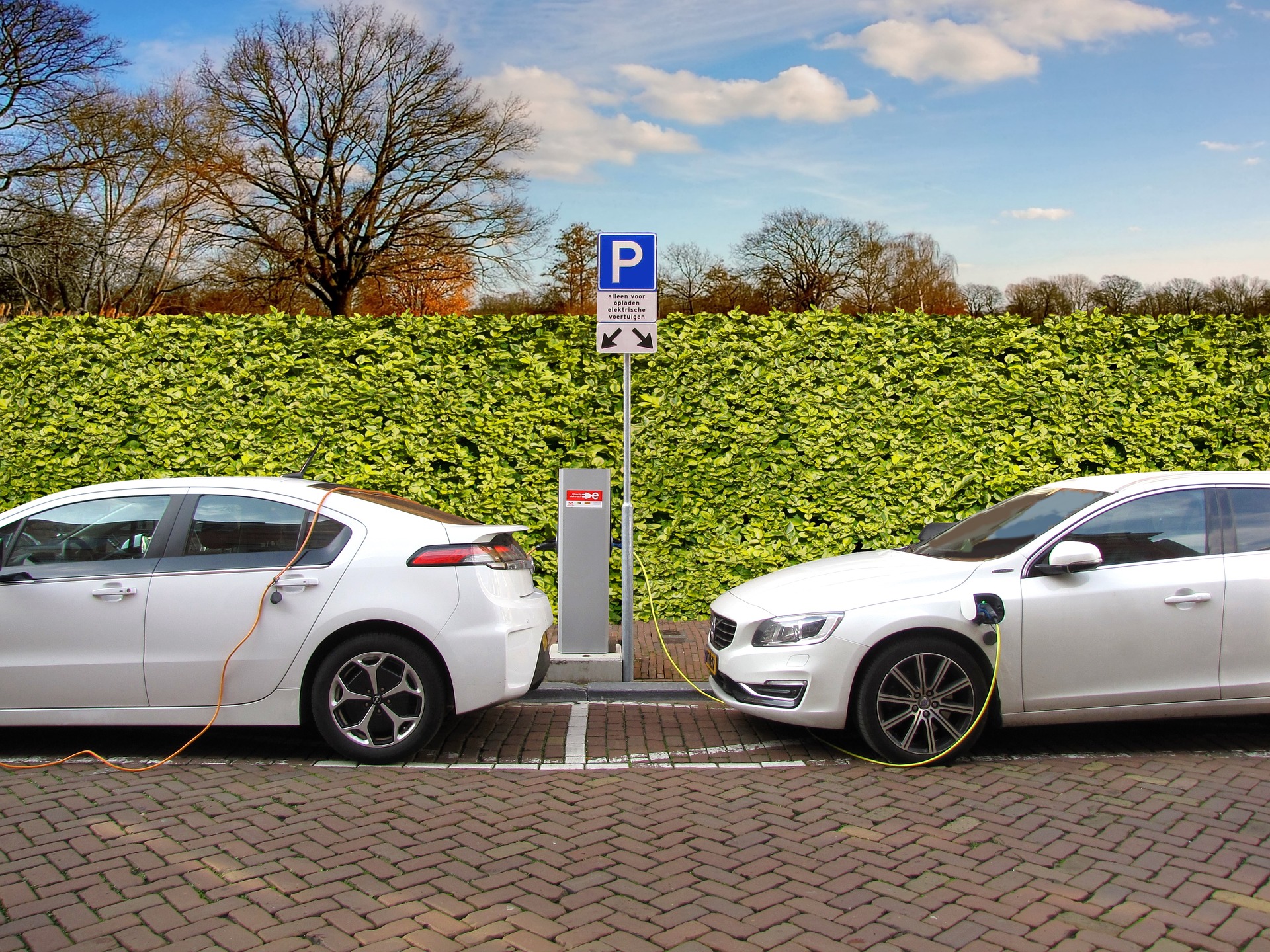Rise in UK car CO2 emissions largely a result of increasing SUV sales, not declining diesel
The increase in UK new car CO2 emissions by 0.8% in 2017 reported by the UK industry arises mainly from a shift to larger SUV and dual-purpose vehicles rather than from declining diesel sales that the UK car industry association (SMMT) claims.



